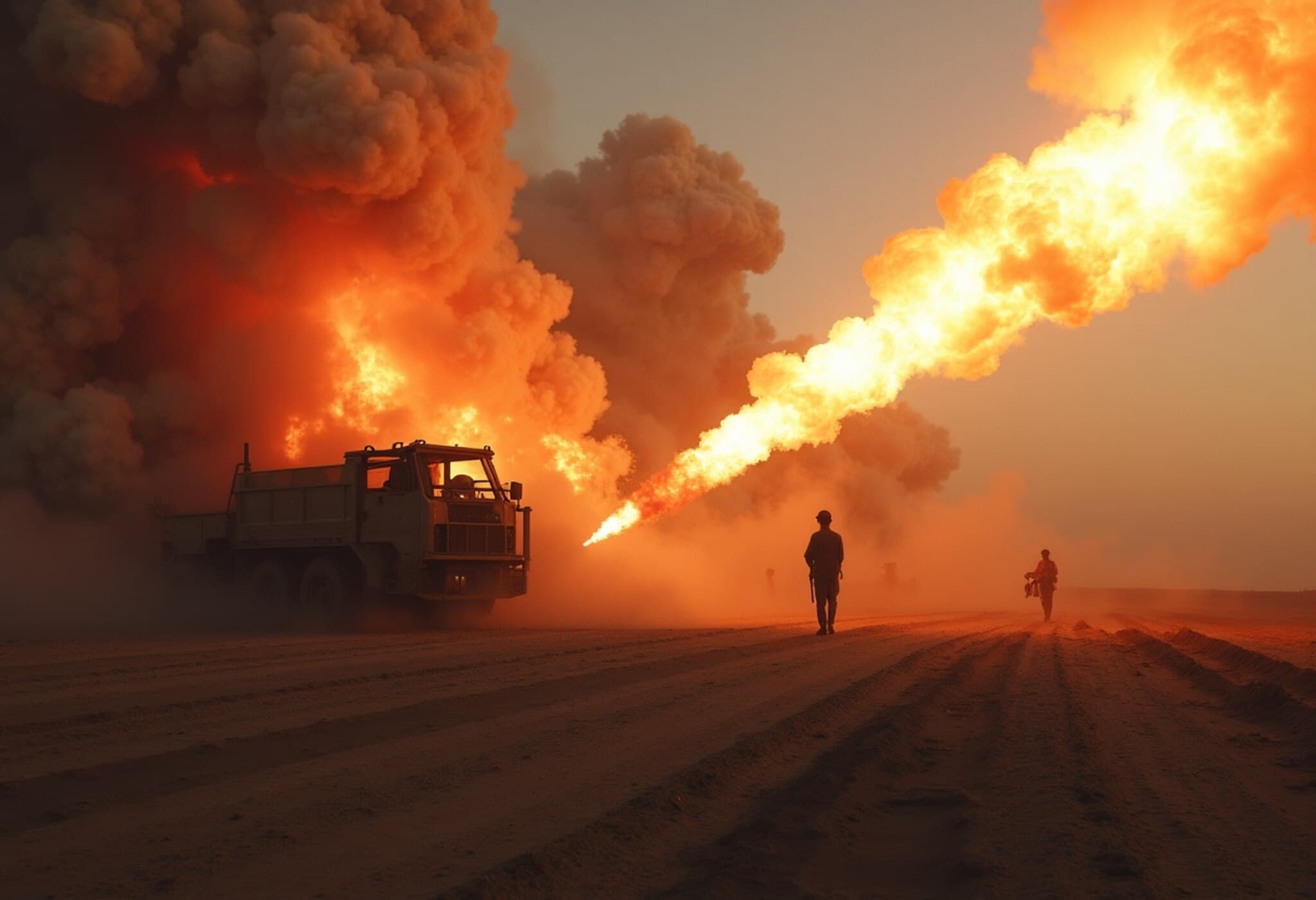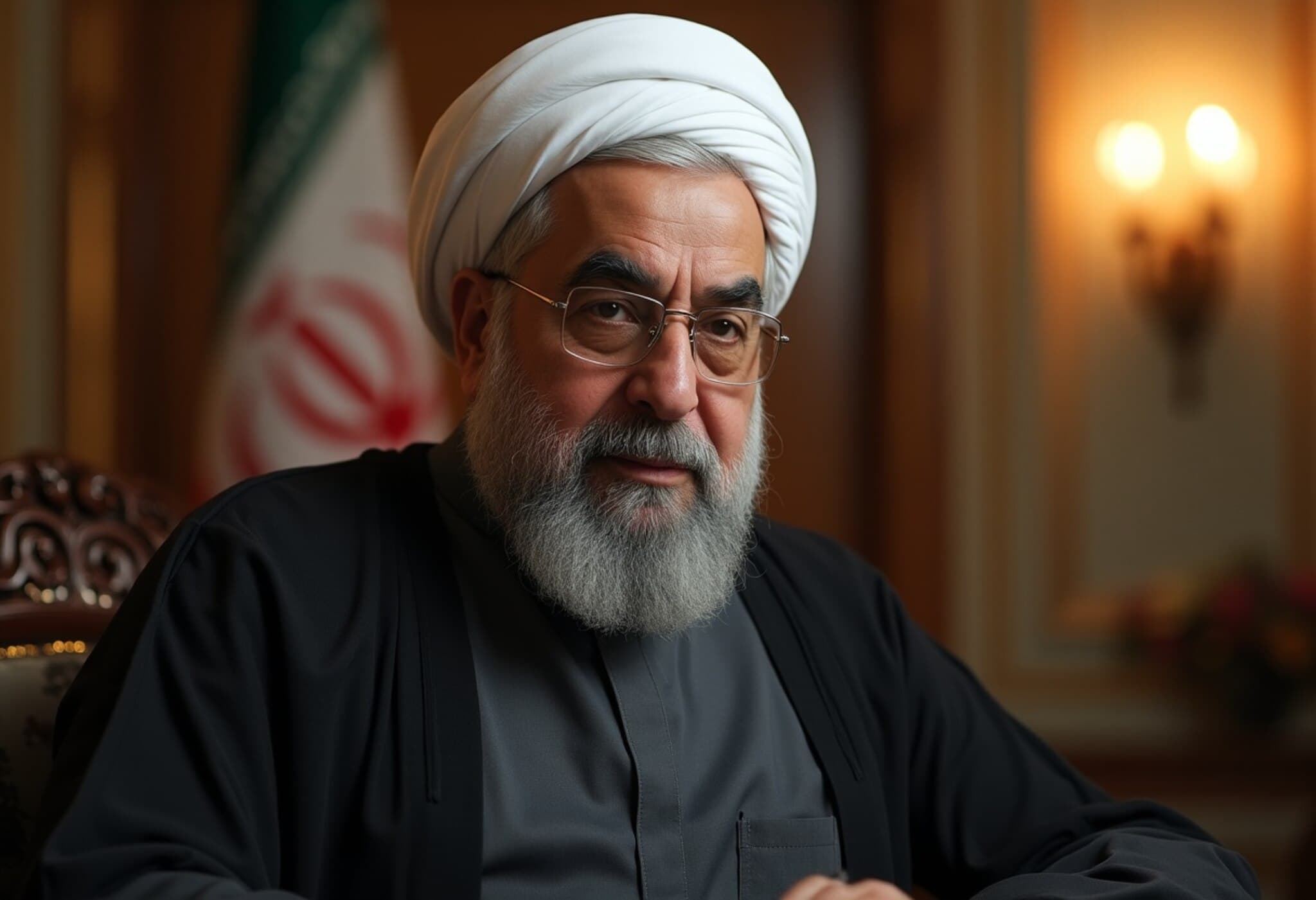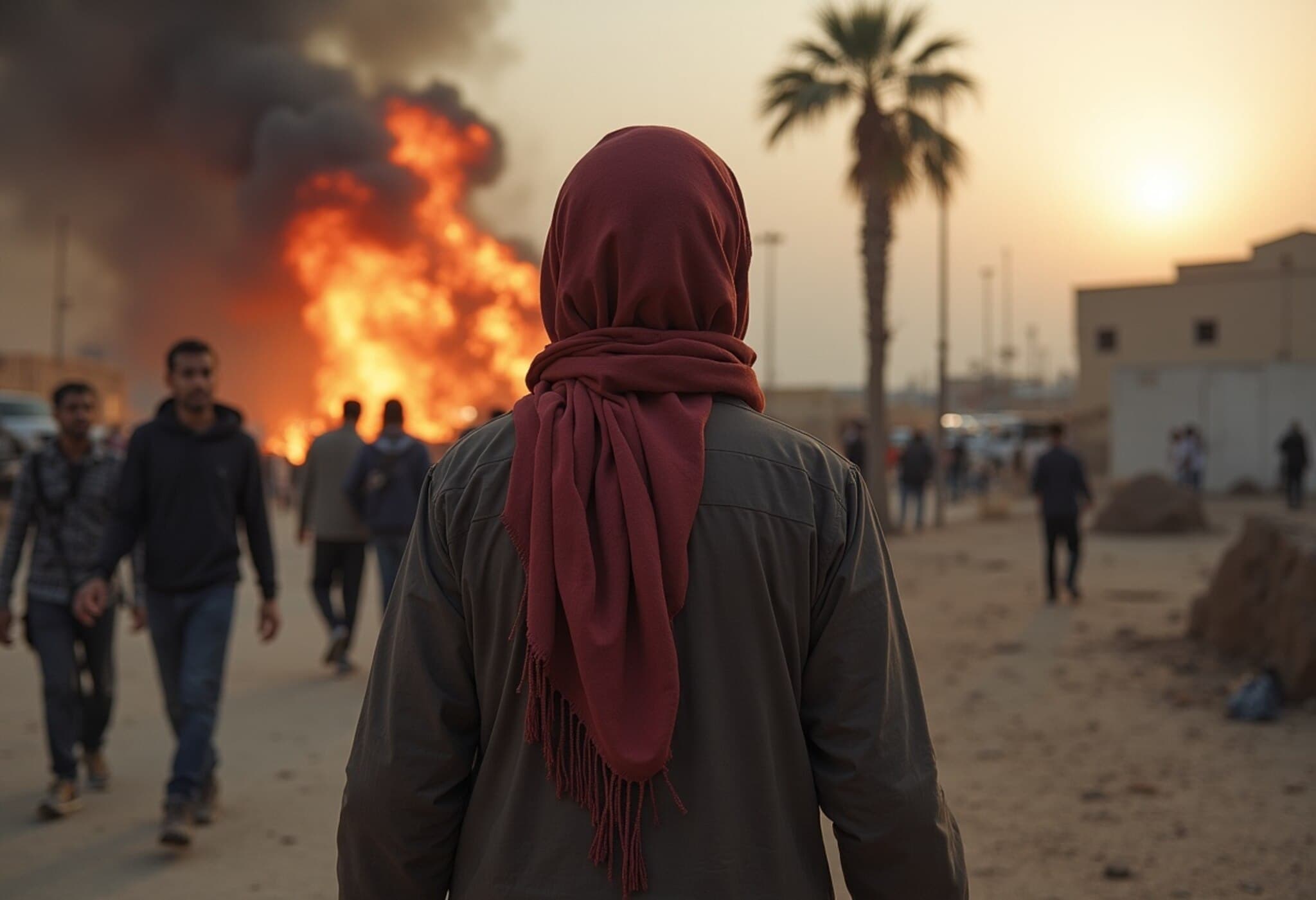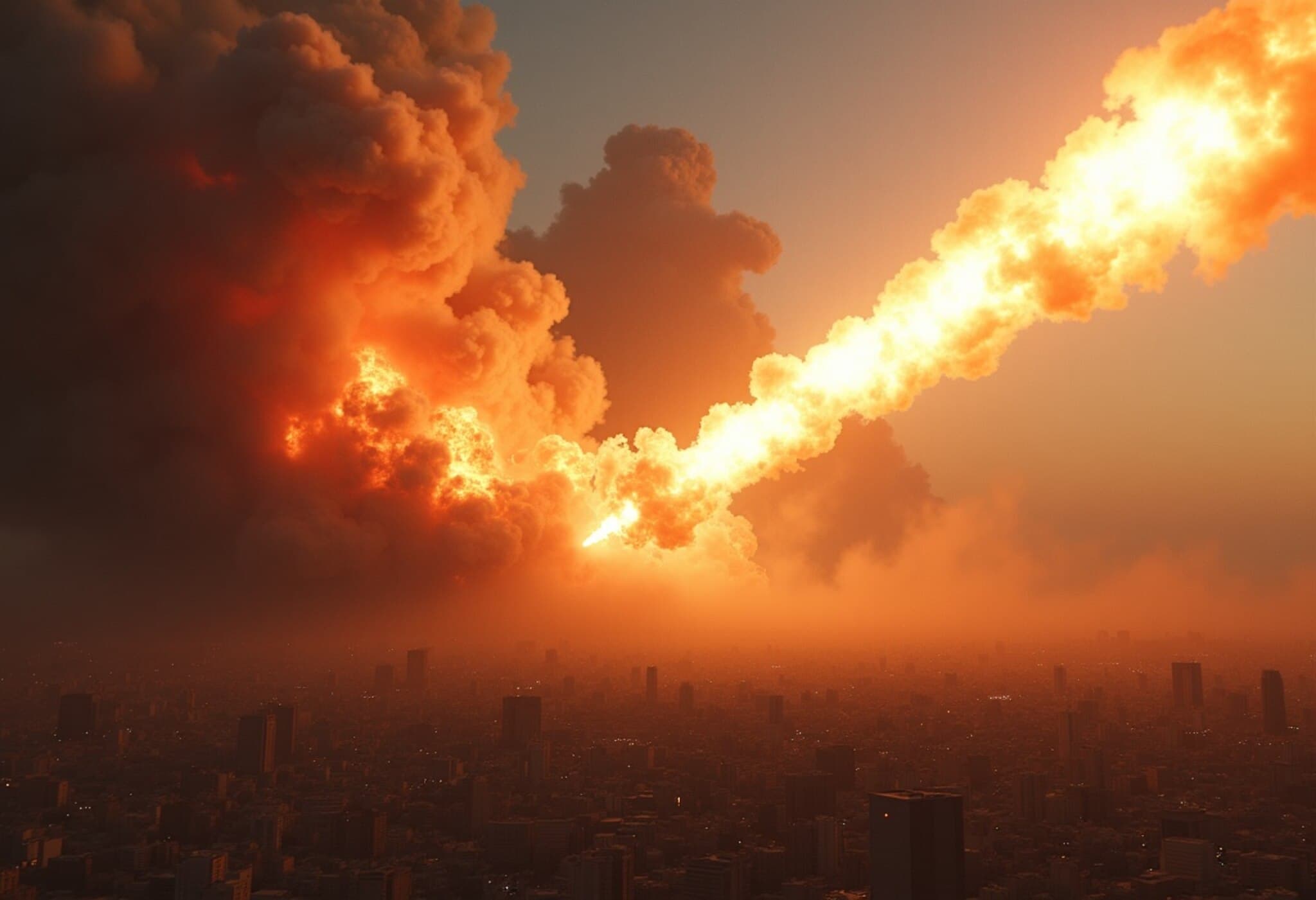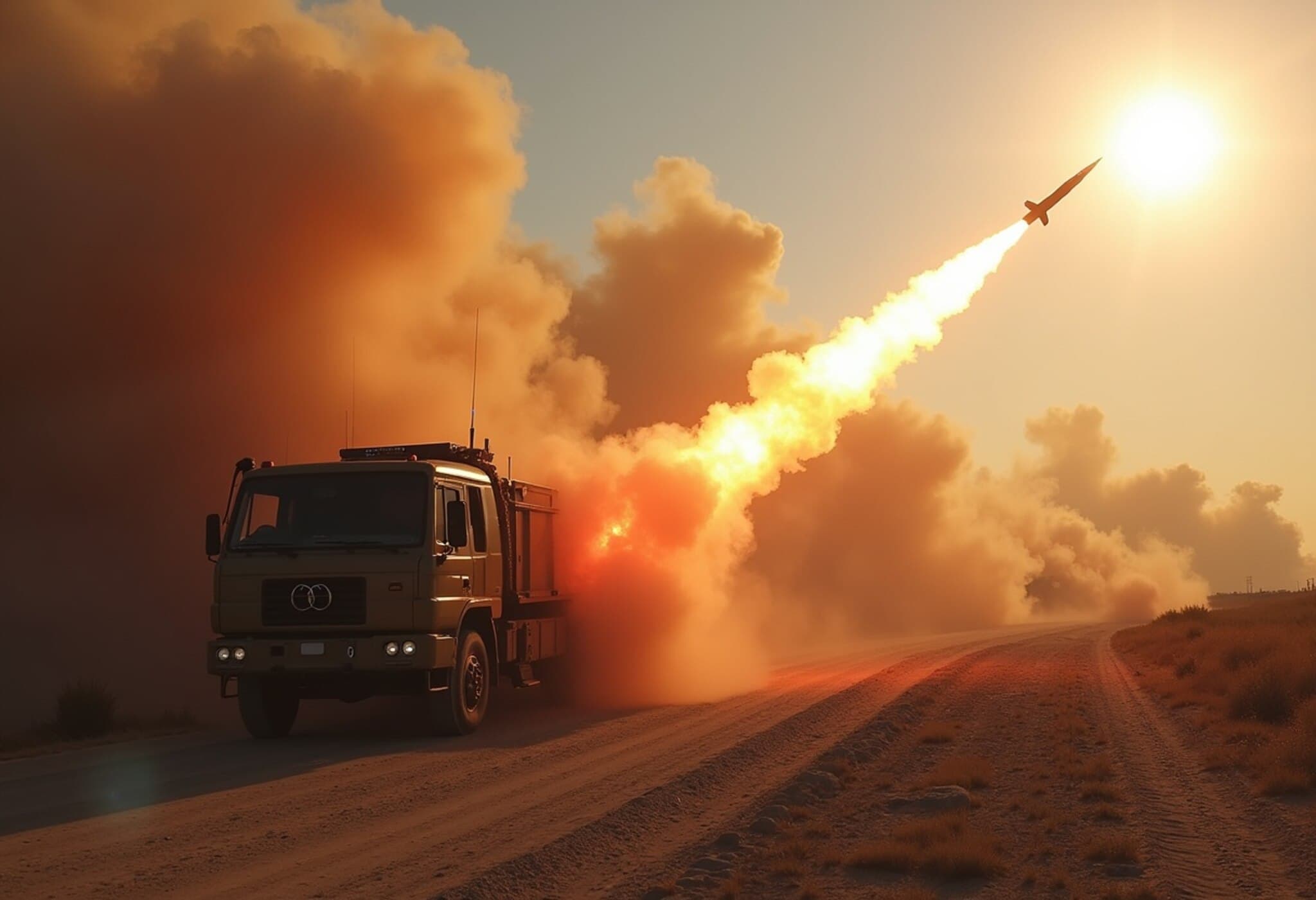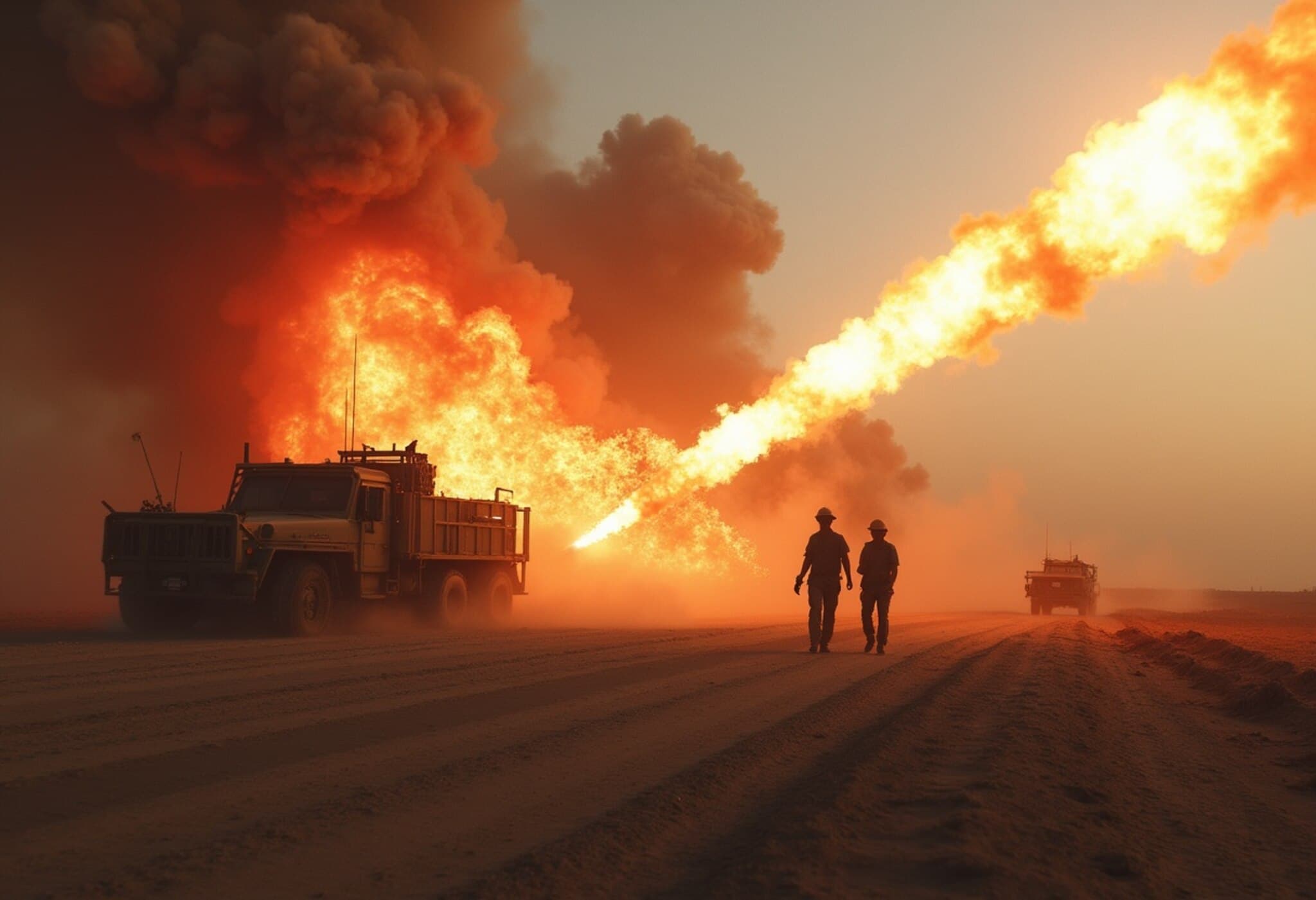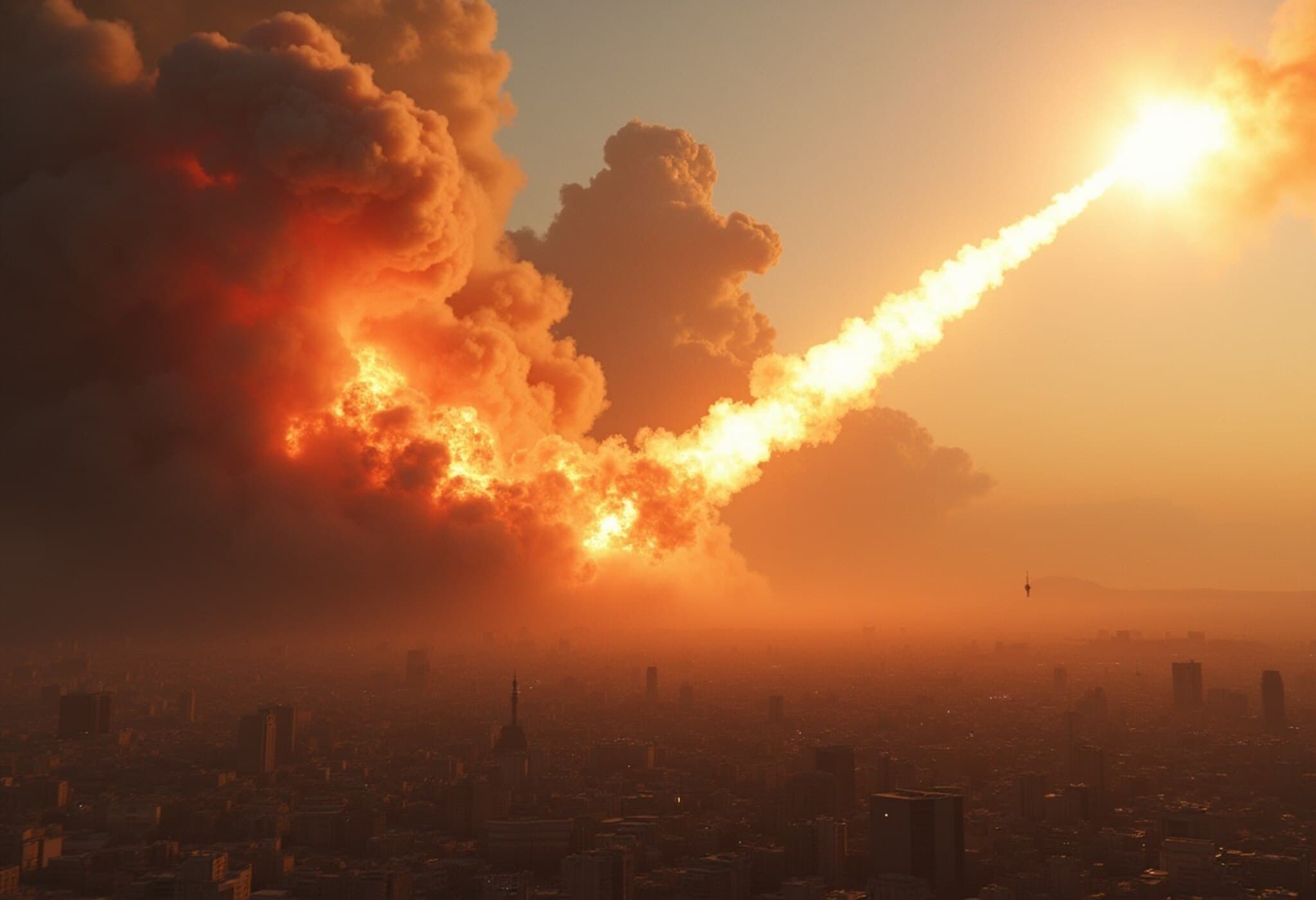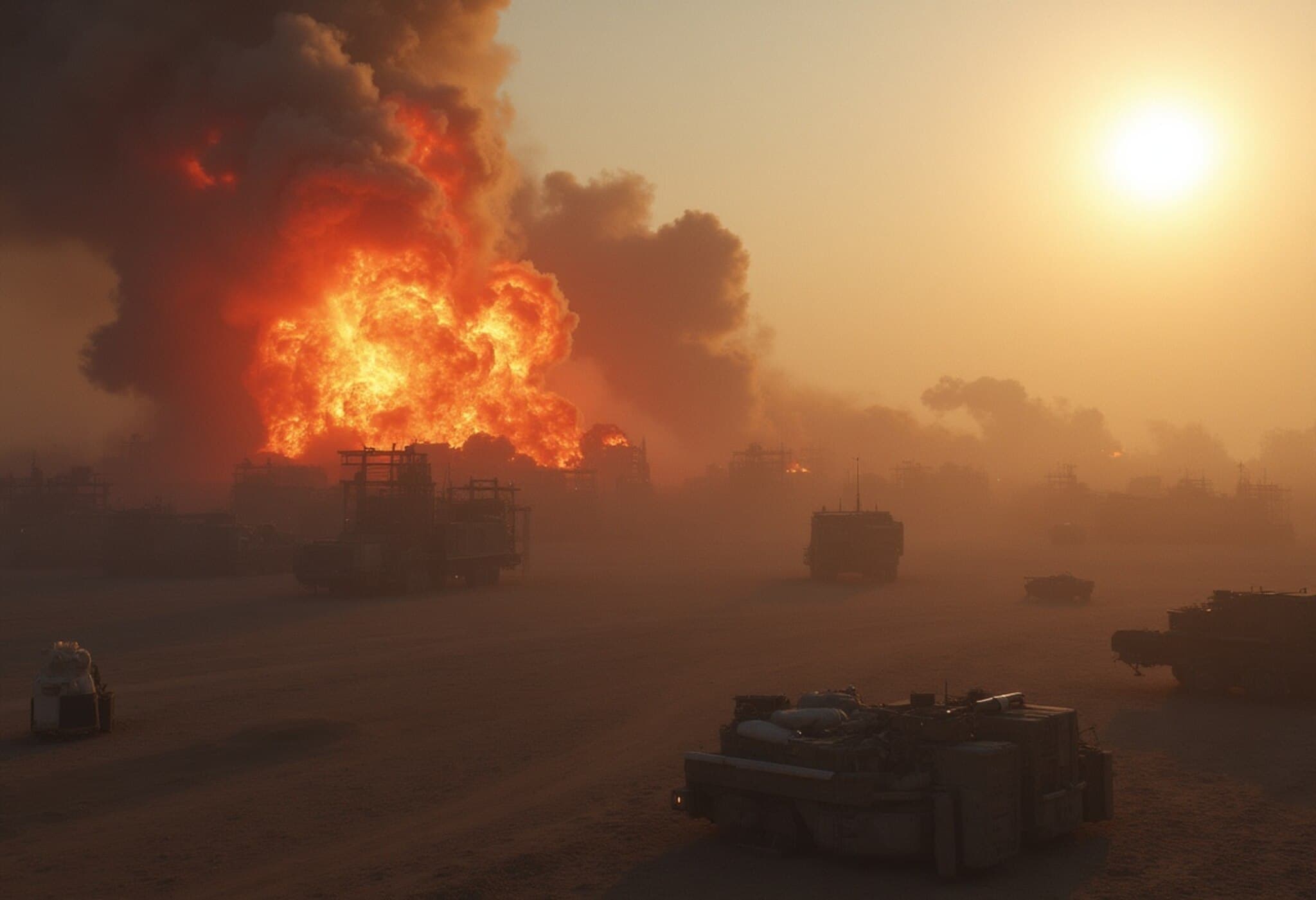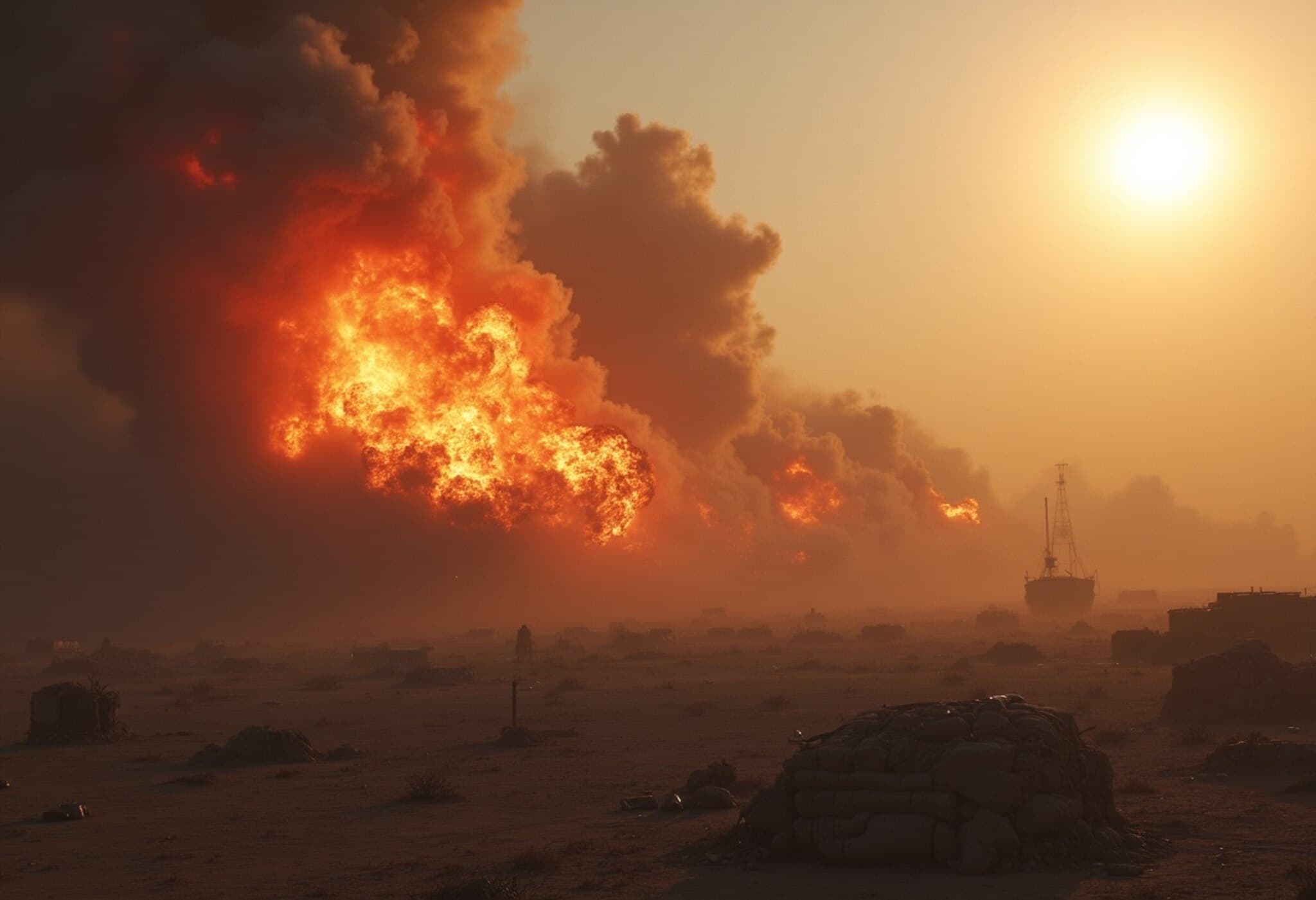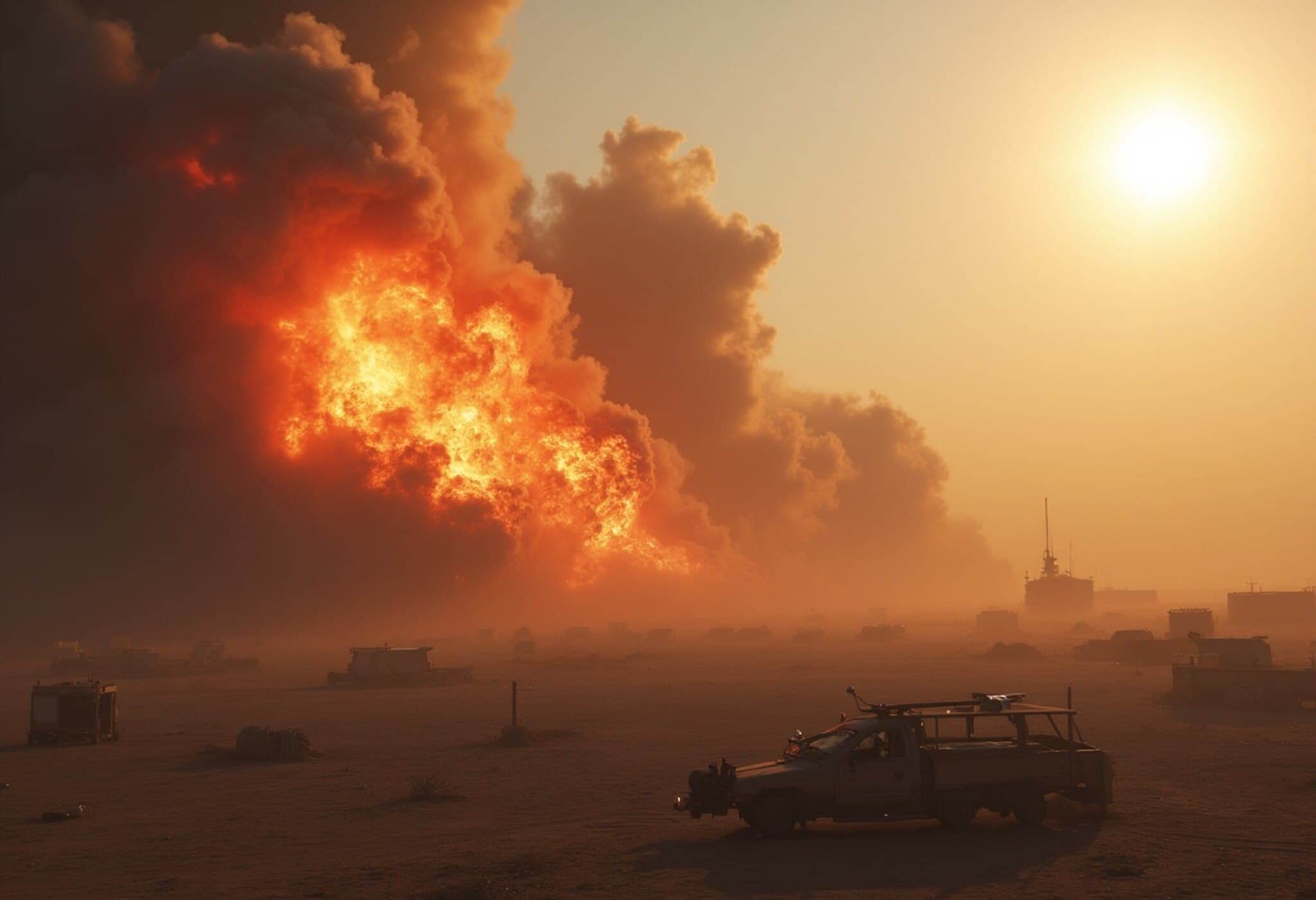The Rising Tensions in the Middle East
The escalating conflict between Iran and Israel recently took a significant turn as the United States launched strikes on three Iranian nuclear facilities. This move, aimed at curbing Iran’s nuclear ambitions, has raised alarms over a potential broader regional war and drew sharp warnings from Tehran.
Exploring Five Potential Scenarios in the Iran-Israel Crisis
1. Iranian Missile Strikes on US Bases
In retaliation to the US strikes on its nuclear sites, Iran could target American military installations across the Middle East with missile attacks. Iranian state media have emphasized that all American military personnel and citizens in the region are potential targets. This threat has prompted elevated security measures in key US cities, particularly in Washington and New York, to guard against possible retaliatory attacks.
2. Israel’s Heightened Alert and Military Preparations
Israel is expected to respond defensively by placing the entire country on high alert, intensifying military readiness to counter any Iranian or allied threats. The Israeli military has reportedly shifted the nation’s preparedness to a state of “Essential Activity,” restricting non-essential gatherings and activities to ensure public safety while focusing on potential pre-emptive strikes against the Islamic Revolutionary Guard Corps (IRGC), Iran's military backbone.
3. Activation of Iran’s Proxies and Militias
Iran might rely on its network of allied groups—Hezbollah in Lebanon, Shiite militias in Iraq and Syria, Houthis in Yemen, and Hamas in Gaza—to engage Israel indirectly. Although these groups face internal challenges and remain relatively restrained so far, their activation could open multiple fronts against Israel. Hezbollah’s leadership has voiced unwavering support for Iran’s stance, pledging allegiance in the ongoing confrontation.
4. Diplomatic Maneuvers by China and Russia
While China and Russia advocate for restraint publicly, their diplomatic backing of Iran remains subtle but firm. China condemned US involvement as exacerbating tensions and urged a halt to hostilities, particularly calling on Israel to cease military actions. Russia warned against military intervention, highlighting the catastrophic risks posed to Iran’s nuclear installations, comparing the potential fallout to that of Chernobyl.
5. Global Oil Market Disruptions
The conflict threatens to destabilize global oil supplies, given Iran’s strategic position and export capacity. Iran may respond by threatening or shutting down the Strait of Hormuz, a key maritime chokepoint through which roughly 20 million barrels of oil flow daily. Although alternative pipelines exist, such as Saudi Arabia’s East-West pipeline and the UAE’s route to Fujairah, these alternatives cannot fully mitigate the risks. Consequently, oil prices could surge sharply, impacting economies worldwide.
Assessing the Road Ahead
The intersection of these developments hints at a precarious balance, where military action, proxy involvement, international diplomacy, and economic factors intertwine. Each scenario carries profound implications not only for the Middle East but for global stability and energy security.
As this crisis unfolds, observing these potential trajectories is crucial to understanding how the Iran-Israel tensions might reshape the region’s future.

